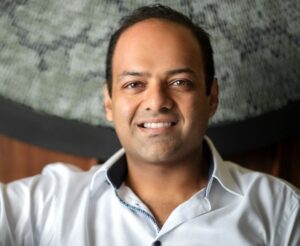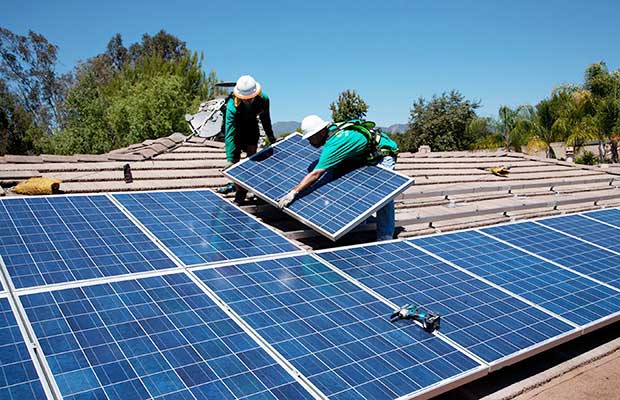Shreevar Kheruka, Vice Chairman of Borosil Renewable, in an exclusive interview with Saur Energy talked about the impact of waiver of anti-dumping provision against the imports of solar glass for the Indian manufacturers. He also touched upon other issues too. Excerpts from the interview:

How did the anti-dumping import provision waiver affect Borosil Renewable or other Indian solar glass makers?
The anti-dumping duty on the import of solar glass from China went away around a year ago. Since then, the dumping of Chinese solar glass has expanded substantially in the country. Chinese players control over 80 percent of the Indian solar glass market. Borosil Renewable is more competitive than our Chinese counterparts and our cost of production is also very competitive with the world of production. However, we are now competing with government subsidies, state enterprises delivering subsidies for exports, capital subsidies, and operational expense subsidies. So these are making it impossible for us to compete with those subsidies. So we need to have a level playing game for us.
Do you think the Indian government needs to amend policies to protect Indian players?
I am hopeful that we will see some kind of policy support because, without such support from the government, our industry cannot plan expansion in capacities. We have already shelved our expansion plans as of now until we get some clarity and support. Currently, Chinese solar glass firms are selling their products below the cost of production of Indian solar glass makers. Unless there is a level playing field, we cannot see expansion plans.
Where are your expansion plans under such conditions?
When the duties were in place, we expanded our production from 180 to 1,000 tonnes a day. Besides Borosil, five other solar glass makers in India announced capacities during the period and, three have already started production and two more are likely to start. These duties helped us to commit more CAPEX on this. It was favourable for the whole industry. Glass is a highly CAPEX-driven industry. The CAPEX to turnover ratio is less than 1. This means for every Rs 100 we do in CAPEX, the turnover is around Rs 85 per annum. So therefore, we need policy support for a longer period because glass plants have a payback of a minimum of seven years. We can commit for those periods only when we have assurance.
What is the development of your partnerships in Europe for exports?
We bought a German firm which makes solar glass. They are the only solar glass manufacturers in the European Union. We already invested money to expand the capacity to about Rs 350 tonnes per day, which means 2.5 GW per annum. This is for the sales in the European industry. Like in India, the Chinese are also dumping their products in Europe to such an extent that the Chinese materials have prices lower than the cost of production of their glass products. The European Parliament has also taken cognizance of the matter and will likely take measures accordingly. Some action is expected there. We will take further calls after that.
About 30 percent of our production is exported to various countries, allowing us to survive. That is at a better price point than our Indian product prices and we plan to increase this share in the future.
Watch the full video interview here
80% of India solar glass market dominated by Chinese firms: Shreevar Kheruka, Borosil – YouTube

